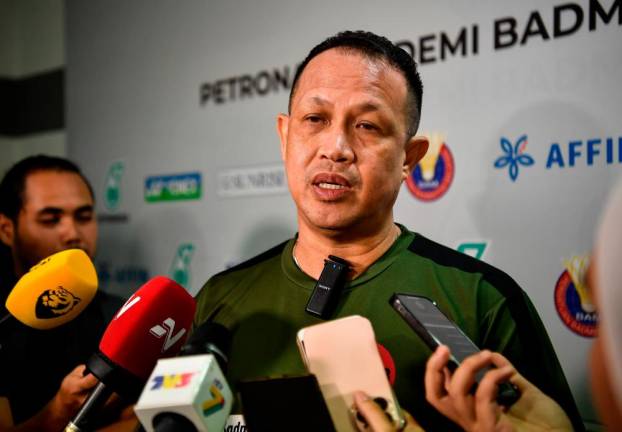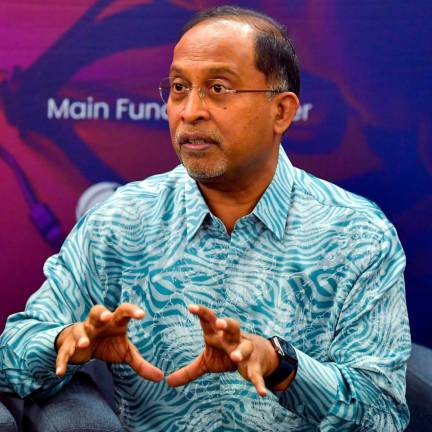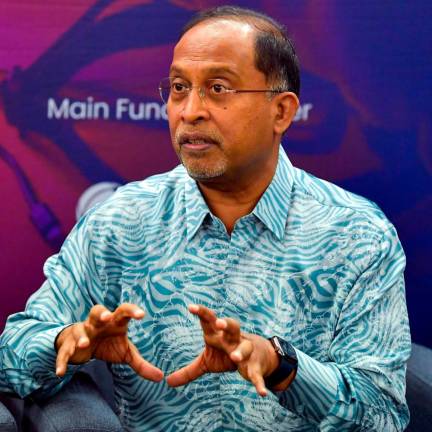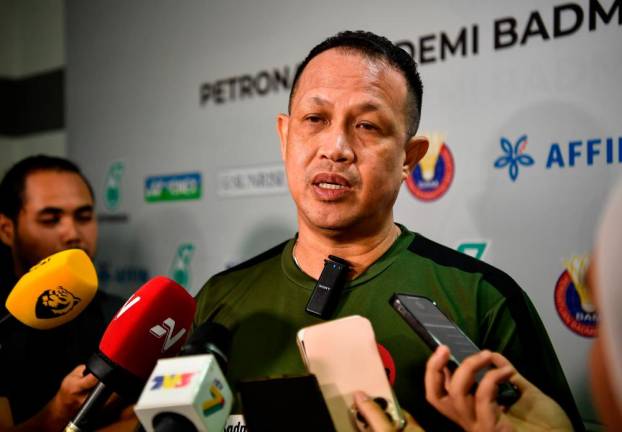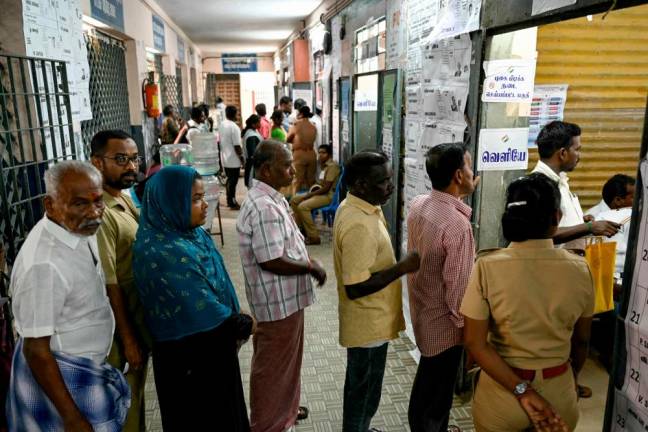AFTER months, we still know very little about this virus. Who carries it, who has the antibodies, who survives, and who doesn’t. Why do some people recover and others succumb? Why do some countries record high infection counts with low death rates and others report an unimaginable devastating number of deaths? We know so little, but what we do know is that the virus is highly infectious.
From curfews and stay-at-home orders to circuit breakers and lockdowns to voluntary social distancing and herd immunity, governments around the world have in their own terms used different approaches to mitigate the situation. But every version of a lockdown has meant a curtailing of liberties once taken for granted. With an abrupt limitation on movement, questions arise of how countries are being run during a pandemic and if such rules and the penalties, fines and arrests imposed for breaking them are in line with the characteristics of their country’s governing system.
What we do know is that this pandemic has laid bare structural inequalities in every aspect, in every country. This has raised the question of which governing styles have been most effective not just in containing the spread of the virus but in looking after those within its borders and in its responsibility to the rest of the world. Have democratic countries fared better than their non-democratic counterparts? Or is the global North better at lockdowns than the global South? Or is it about an east-west cultural dichotomy?
Democratic vs non-democratic governing systems
Democracy is perched at the top of the governing hierarchy, promising to be the most effective form of political organisation. It is packaged in terms of civility, the people shall rule, it brings prosperity, equality, protects not just human rights but civil liberties and it comes with a liberal tag attached to it.
This of course is the utopian textbook version of it. In practice like any governing form, there are gradients.
Not so democratic countries on the other hand, vary in the strength of their grip, and in states with less democratic personalities, this pandemic has provided greater opportunity to oppress and use fear to create compliance.
So what does a pandemic do to democratic and non-democratic countries and if there was a true democracy, what would it look like and how would its leadership behave during a pandemic?
What has become evident is that in times of crisis, strong leadership is necessary but strong leadership tends to be found in less democratic countries.
Democracies in the last few months have found it more challenging not just in limiting movement but in simpler things like getting people to wear face masks when in public.
In many western democracies, wearing a face mask has been sheepishly encouraged by experts with even their leaders outrightly not complying with such advisories as it is seen to violate personal liberties.
In this part of the world however wearing a face mask in public has over the years become a cultural norm for various reasons such as protection from pollution and even not wanting to pass on germs. So culturally, it might have been “easier” for people to comply with such orders. However such social obedience might be seen as passive submission or a weakness in other parts of the world instead of it being understood as an act of kindness and helping one’s community and country stay healthy.
Of course countries on the opposite side of the democratic spectrum have found societal compliance useful in enforcing controls beyond that of the face mask.
In less democratic countries, possessing the power to put a whole country on lockdown has meant that rights have been easily violated. Using the pandemic as a reason or an excuse, these countries have seen this as an opportune time to limit parliament sittings, conduct raids with little or no accountability, blocking out the media, eroding institutions at an alarming rate and increasing surveillance violating individual privacy, all in the name of protecting the people from the spread of the virus – and these are only some of the violations.
This begs the question, in times like these, which governing system works best in mitigating a pandemic?
Global north vs global south
International media has focused on how well Western democracies have handled the pandemic while blatantly ignoring the rising numbers of deaths and infections in those countries. Germany, Italy, Sweden, United Kingdom, Spain, Canada and Denmark have taken up most space in news cycles.
Whereas non-Western countries that have done well to curb the spread of the virus have been visibly missing from this discourse and the imbalance in reporting is alarming.
When news of the virus came to light in the beginning of the year, it was dismissed as an Asian disease and with it an attempt to brand it as the Wuhan virus was launched. As the virus spread in this hemisphere and countries began to close its borders, Western democracies remained open and refused to heed warning signs. Instead of taking advantage of a head start, these countries chose to drag their feet.
The irony of this is that once the virus spread around the world, news began highlighting how well the global north has done in mitigating the pandemic conveniently ignoring the question “why did many western democracies act so slowly?” And why has the international media failed to acknowledge the efforts of countries in this part of the world?
Credit needs to be given to how some countries in the global south have up to this point mitigated the spread of the virus. Like the global north, not all have been quick to respond or have been clear in their mitigation plans.
However with the challenges of limited medical resources and healthcare systems that could easily be overwhelmed even without the threat of a pandemic, many of these countries have reported to limit the spread. Yes, the numbers being tested and what is being reported could all be very different to the reality but the same can be said of the global north. Perhaps highlighting in international media the efforts of countries might create accountability, expose violations or best practices and even create awareness about how these countries are run.
There is no easy narrative for this pandemic and no one answer of who’s doing a better job mitigating the virus. What we know is very little and it will take a while before we know which countries succeeded and which did not do as well. But in the meantime, if what is needed is global effort then there has to be global representation and understanding of how varied responses in different parts of the world have mitigated the disease.
Comments: letters@thesundaily.com









